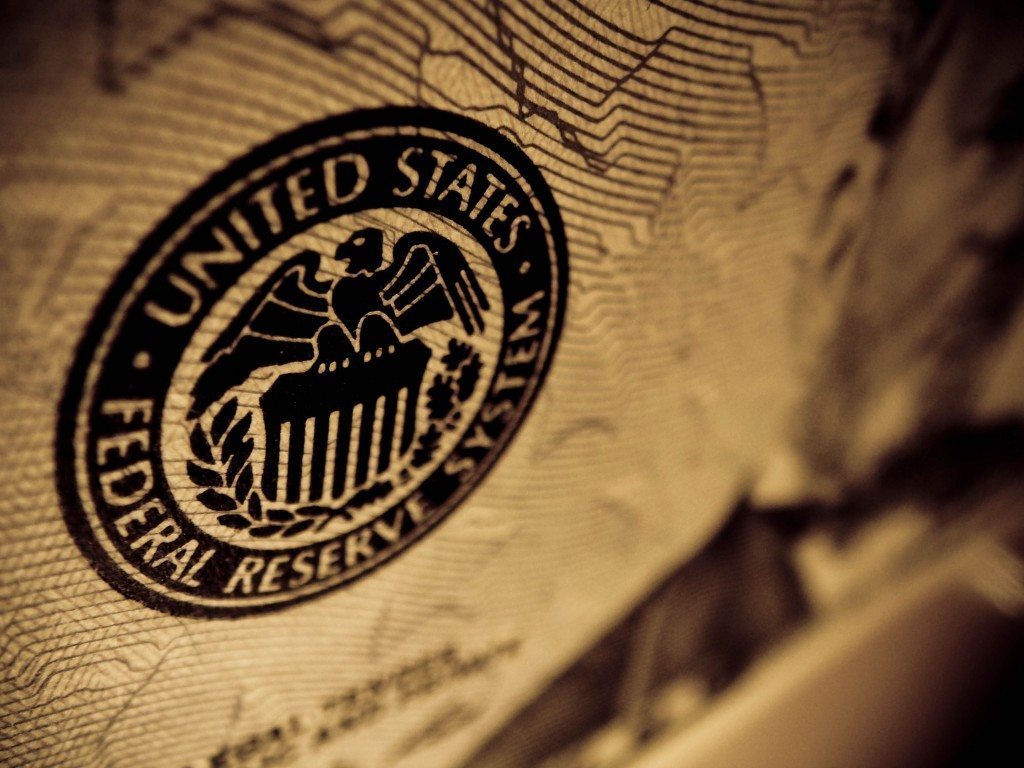The euro is trading slightly lower against the U.S. dollar as the market participants are eagerly awaiting the Federal Reserve’s comments later today. The Conference Board released U.S. consumer confidence data yesterday, which saw an small uptick month-over-month.
Click Here For More Market Exclusive Updates & Analysis
Consumer confidence rises
As per the report, the consumer confidence index ticked up to 98.1 in January from 96.3 in December. The readings surpassed analysts’ expectations by a wide margin. The consensus estimate was a reading of 96.5 for January. Meanwhile, investors are looking forward to the Fed policy statement to gauge the direction of future rate hikes amidst global stock market volatility.
In Europe, investors are eyeing employment data in Italy and France alongside monthly inflation numbers to be released in Germany towards the end of the week. EUR/USD was lower by 0.11% to 1.0859 during late Asian hours.
The New Zealand Dollar continues to remain under pressure against its American counterpart. The NZD/USD pair was down by 0.09% to 0.6493 ahead of the policy statement to be published by the Reserve Bank of New Zealand. Investors are expecting the bank to keep rates steady for the time being. The pair’s support and resistance levels are at 0.6423 and 0.6554 respectively.
Australia sees inflation picking up
On the other hand, the Australian dollar has touched two-week highs against the greenback on the back of positive inflation data in the region. AUD/USD breached the two-week high of 0.7051 before consolidating to 0.7027, or 0.31% up versus the U.S. dollar.
The Australian Bureau of Statistics posted a 0.4% increase in the consumer price index during the fourth quarter, higher than the forecast of 0.3% uptick. On a yearly basis, consumer prices rose 1.7% in the fourth quarter, above estimates of 1.6%.
The British pound was lower against the Dollar as GBP/USD traded down by 0.24% to 1.4316. The U.S. dollar index traded flat at 99.08 on Wednesday, implying caution among market participants over the Fed policy stance.
